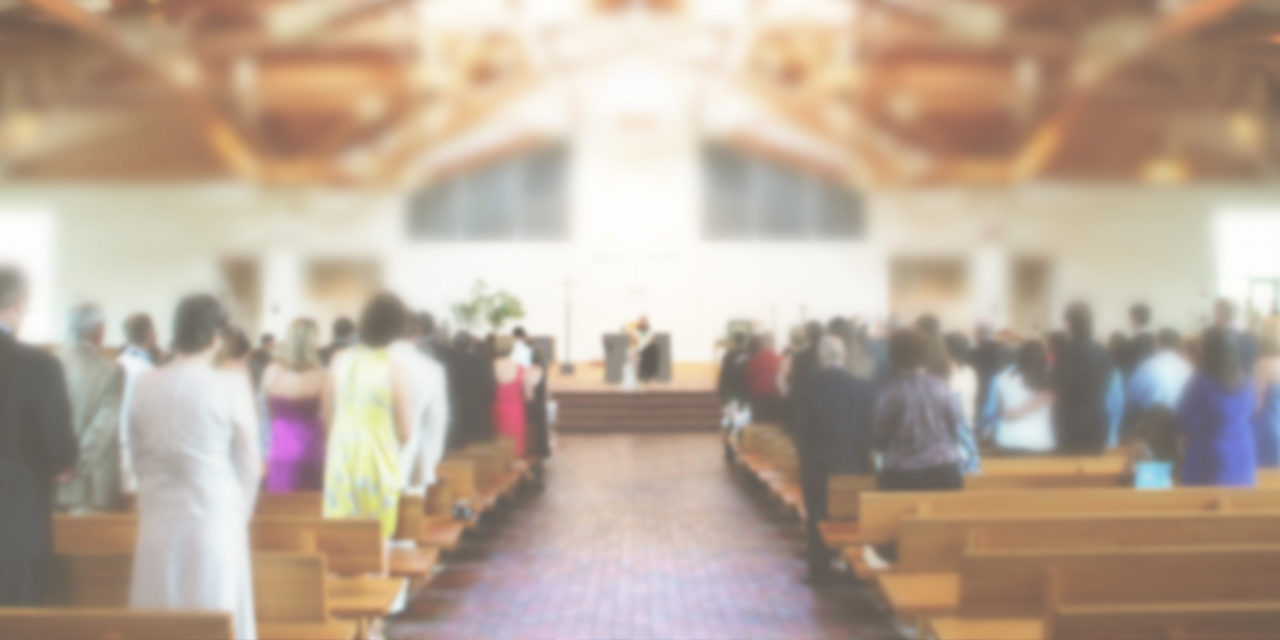On February 26, the U.S. Supreme Court issued an order granting a request from five churches in Santa Clara County, California to block that county from prohibiting them from meeting for indoor worship. The county’s health order restricted certain “gatherings,” including “political events, weddings, funerals, worship services, movie showings, cardroom operations” to outdoors only, while allowing other similarly situated businesses and activities to remain partially open. The county even exempted its airport waiting areas from the “gathering” restrictions “given the significant societal harms lack of access to travel would cause.”
Many people of faith might argue that being prohibited from meeting together for worship causes “significant societal harms” as well, but the county apparently didn’t see it that way.
The five Santa Clara churches who brought the lawsuit included Gateway City Church, The Home Church, The Spectrum Church, Orchard Community Church and Trinity Bible Church.
What makes the recent one-page order from the nation’s high court so remarkable is that this was the second time in a month that the justices have ruled that government entities in California cannot target and eliminate worship services because of COVID-19 concerns, while allowing similarly situated activities and businesses to partially open.
In fact, while this case was pending in the lower federal courts, on February 5, in South Bay United Pentecostal Church v. Newsom, the Supreme Court issued an injunction prohibiting the California state government from enforcing its near-total ban on indoor worship services. That injunction allowed churches to meet at 25% capacity, the same restrictions that applied to similar businesses and activities in the state.
Inexplicably, however, the federal courts in California, including the 9th U.S. Circuit Court of Appeals, refused to apply the high court’s reasoning in South Bay in favor of the five Santa Clara churches faced with the same types of capacity restrictions, denying the churches’ request to be allowed to hold indoor worship services. The churches then submitted an emergency request to the Supreme Court, which came to their defense.
The justices issued a brief order last Friday making clear that their ruling in South Bay applied directly to the situation in Santa Clara County.
“The Ninth Circuit’s failure to grant relief was erroneous,” the order reads. “This outcome is clearly dictated by this Court’s decision in South Bay United Pentecostal Church v. Newsom, 592 U. S. ___ (2021).”
Justices Elena Kagan, Sonia Sotomayor and Stephen Breyer dissented.
The bottom line here is that the Supreme Court’s majority chastised the 9th Circuit for its clear failure to protect the churches in Santa Clara County from the same type of disparate and unconstitutional treatment of religion as was present in the South Bay case.
This week will be the one-year anniversary of California’s first COVID-19 emergency order restricting the worship life of that state’s inhabitants. One can only hope that the 9th Circuit judges will finally get the Supreme Court’s strongly worded message and begin doing a much better job of protecting the freedom of religion in California, as well as in the other states within their jurisdiction.
Photo from Shutterstock






